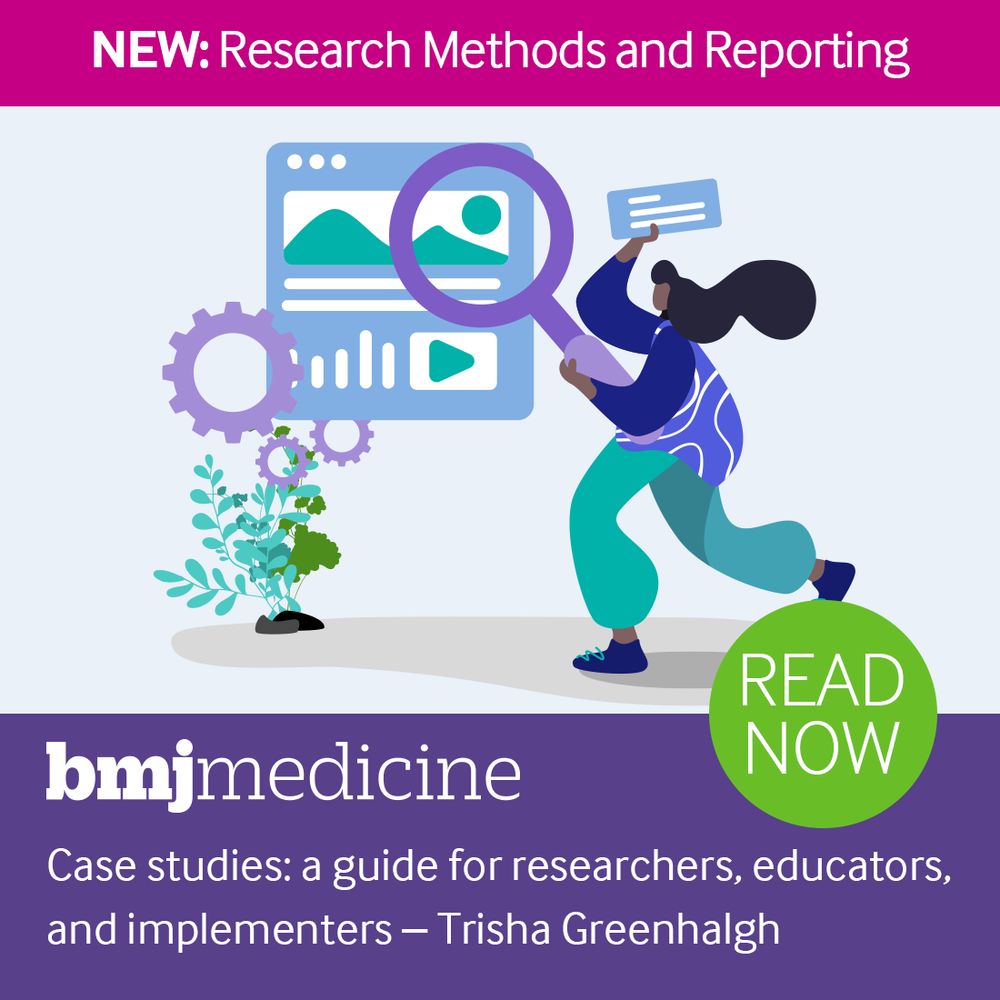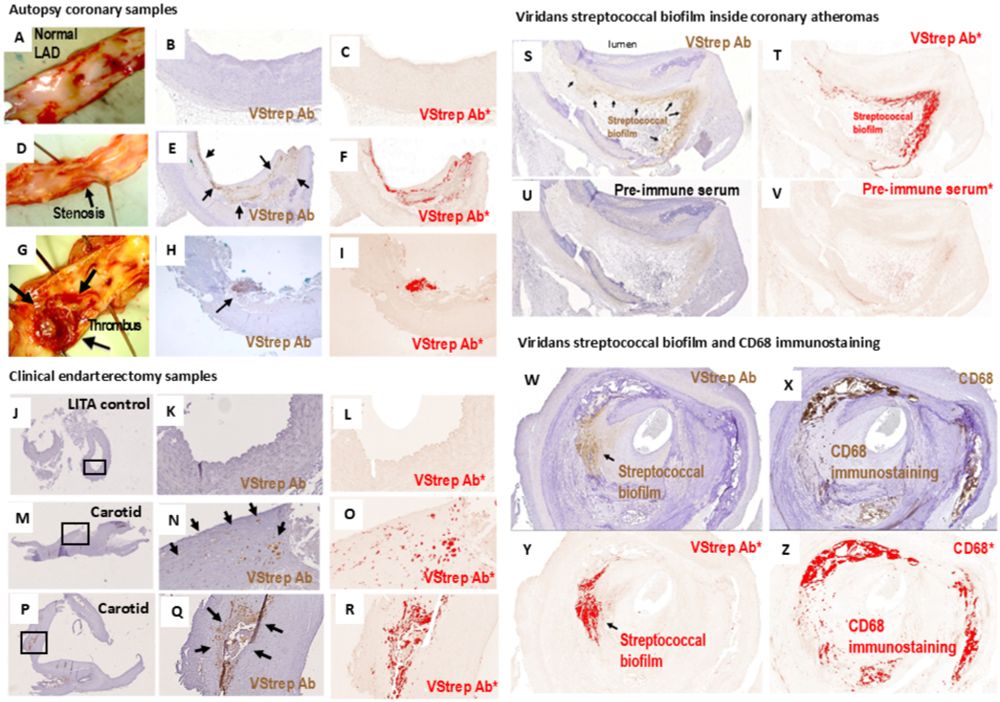It’s possible 👇🏾
9️⃣0️⃣% of girls are vaccinated
7️⃣0️⃣% of women are screened
9️⃣0️⃣% of women with cervical cancer receive treatment
Learn more: bit.ly/47GIbzd #EndCervicalCancer

It’s possible 👇🏾
2015.
"Do not use Wikipedia as the main source of information for your essay."
2024.
"Do not use ChatGPT as the main source of information for your essay."
2025.
"Do not use the CDC website as the main source of information for your essay."

2015.
"Do not use Wikipedia as the main source of information for your essay."
2024.
"Do not use ChatGPT as the main source of information for your essay."
2025.
"Do not use the CDC website as the main source of information for your essay."




theconversation.com/adult-adhd-i...

theconversation.com/adult-adhd-i...
Essential reading for robust research!
https://bit.ly/47PL01l

Essential reading for robust research!
https://bit.ly/47PL01l


theconversation.com/we-studied-o...

theconversation.com/we-studied-o...
#SGLT2 inhibitors alleviate inflammation-induced functional #irondeficiency by suppressing hepcidin & mobilizing iron stores, thereby enhancing iron availability for erythropoiesis and tissue function.

#SGLT2 inhibitors alleviate inflammation-induced functional #irondeficiency by suppressing hepcidin & mobilizing iron stores, thereby enhancing iron availability for erythropoiesis and tissue function.
Risk to current ecosystems VERY HIGH. Rick by 2050 VERY HIGH to SEVERE

Risk to current ecosystems VERY HIGH. Rick by 2050 VERY HIGH to SEVERE

Antidepressants
increase the risk of death
in patients with heart failure:
TCAs RR = 1.30
SSRIs RR = 1.26
SNRIs RR = 1.17
link.springer.com/article/10.1...

Antidepressants
increase the risk of death
in patients with heart failure:
TCAs RR = 1.30
SSRIs RR = 1.26
SNRIs RR = 1.17
link.springer.com/article/10.1...
#ESCCongress #WCCardio
ja.ma/45TKJYw

#ESCCongress #WCCardio
ja.ma/45TKJYw


#ESCCongress #WCCardio
ja.ma/3VqoBQB

#ESCCongress #WCCardio
ja.ma/3VqoBQB
#ESCCongress #WCCardio
ja.ma/4n8N8Wq

#ESCCongress #WCCardio
ja.ma/4n8N8Wq
#ESCCongress #WCCardio
ja.ma/4nbWuRk

#ESCCongress #WCCardio
ja.ma/4nbWuRk
Viridans streptococci DNA found in ~42% of coronary plaques, forming biofilms ignored by macrophages
Once fragments escape, TLR2 senses them—potentially triggering an inflammatory response that disrupts plaque stability and increases heart attack risk
www.ahajournals.org/doi/10.1161/...

Viridans streptococci DNA found in ~42% of coronary plaques, forming biofilms ignored by macrophages
Once fragments escape, TLR2 senses them—potentially triggering an inflammatory response that disrupts plaque stability and increases heart attack risk
www.ahajournals.org/doi/10.1161/...

science.org/doi/full/10....

science.org/doi/full/10....



